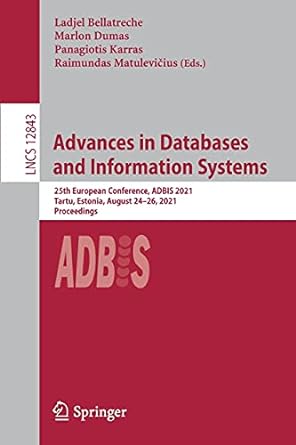Question
2) The Intel Math Kernel Library Developer Reference Rev 15 Release 2018 contains the following cautionary statement: Because the precision of floating point arithmetic is
2) The Intel Math Kernel Library Developer Reference Rev 15 Release 2018 contains the following cautionary statement: Because the precision of floating point arithmetic is limited, it is not truly associative: (a + b) + c might not be the same as a + (b + c). Describe why this happens and give an example of values for a, b, c where the output would differ.
4) If a processor has implemented all forwarding paths but no hazard detection, under what cases could the processor produce erroneous results? Give a short sequence of instructions that would not give correct output if this were the case.
Step by Step Solution
There are 3 Steps involved in it
Step: 1

Get Instant Access to Expert-Tailored Solutions
See step-by-step solutions with expert insights and AI powered tools for academic success
Step: 2

Step: 3

Ace Your Homework with AI
Get the answers you need in no time with our AI-driven, step-by-step assistance
Get Started


